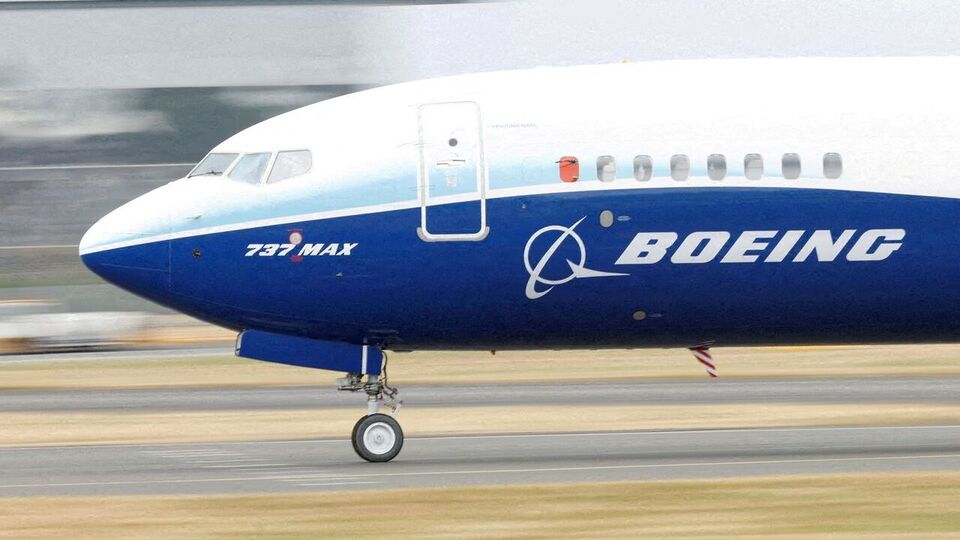
FAKE CHINESE TITANIUM SOLD TO BOEING AND AIRBUS TO BUILD PLANES? FAA BEGINS PROBE
The Federal Aviation Administration (FAA) has launched an investigation into how titanium, accompanied by potentially falsified records, was used in commercial jets produced by Airbus SE and Boeing Co. The titanium originated from a lesser-known Chinese producer and made its way into the supply chain, raising significant concerns, as per a Bloomberg report.
According to Spirit AeroSystems Holdings Inc., the material was incorporated into parts via counterfeit documents. “When this was identified, all suspect parts were quarantined and removed from Spirit production,” said Joe Buccino, a spokesperson for Spirit. “More than 1,000 tests have been completed to confirm the mechanical and metallurgical properties of the affected material to ensure continued airworthiness," as quoted by Bloomberg.
This incident is part of a broader issue the aviation industry has faced regarding unauthorized parts entering the supply chain. Last year, a scandal was uncovered involving a UK company that had sold fake aircraft parts with forged documentation worldwide, as per Bloomberg.
The New York Times reported earlier on Friday that the suspect titanium was used in parts for Boeing’s 737 Max and 787 Dreamliner jets, and the Airbus A220 model manufactured between 2019 and 2023. The issue arose from a batch of metal from a Chinese producer, with certificates appearing falsified upon inspection, as quoted by Bloomberg.
The FAA stated that Boeing had voluntarily disclosed that it was procuring material through a distributor who may have provided falsified or incorrect records. The FAA is “investigating the scope and impact of the issue," as quoted by Bloomberg.
The European Union Aviation Safety Agency (EASA) is also conducting an investigation after being informed of the titanium traceability issue by its partner aviation authority in Italy. EASA has no current evidence of a safety risk to the fleet but will continue to investigate the root cause of the documentation issues, as per the report.
EASA spokesperson Janet Northcote stated, “EASA will investigate further the root cause of the document traceability issue and continue to closely monitor any new developments that could lead to a potentially unsafe condition in the fleet," as quoted by Bloomberg.
Boeing has assured us that it will remove any affected parts on aeroplanes prior to delivery and that the in-service fleet can continue to fly safely. “This industry-wide issue affects some shipments of titanium received by a limited set of suppliers, and tests performed to date have indicated that the correct titanium alloy was used,” the company said," as quoted by Bloomberg.
An Airbus spokesperson confirmed awareness of the situation and noted that numerous tests on parts from the same supplier confirmed the A220’s airworthiness remains intact.
The integrity of every component used in the aviation industry relies on verified provenance to ensure safety and structural integrity. The suspect titanium was supplied by an unnamed Chinese company, allegedly using forged documentation to appear as if it originated from Baoji Titanium Industry, a reputable Chinese supplier.
The Aviation Supply Chain Integrity Coalition, which includes representatives from Boeing and Airbus, has been examining how to prevent unauthorized parts from entering the supply chain. Co-chair John Porcari mentioned at a Washington conference that the group completed the research phase for a report due this fall, which will contain recommendations for addressing the problem.
A coalition spokesperson indicated that the initial focus is on the propulsion supply chain, but the recommendations could apply across the aviation industry.
(With Inputs from Bloomberg)
2024-06-15T07:25:53Z dg43tfdfdgfd